
King George III is identified in the title of a new book by Andrew Roberts as ‘the last king of America’, and this he was! He has always been considered a loser, and rightly so in that he lost the colonies and then later lost his mind! But, Roberts sets out to redeem George in this 750 page book as one who has been horribly misunderstood all these many years.
When Queen Anne died, leaving no heirs, the Stewart line ended. We all know that the British must have their “LINEAGE!” so, the Hanover line was accepted, even though the Hanovers were German! King George I was the King of England, yet he spoke only German. And he was Lutheran–not of the Church of England! George II was the same. When George III came to the throne, he did speak English–but he was still he was very German in his thoughts and feelings.
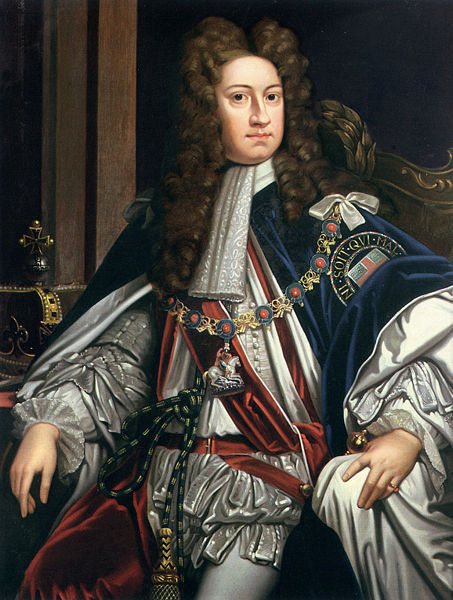
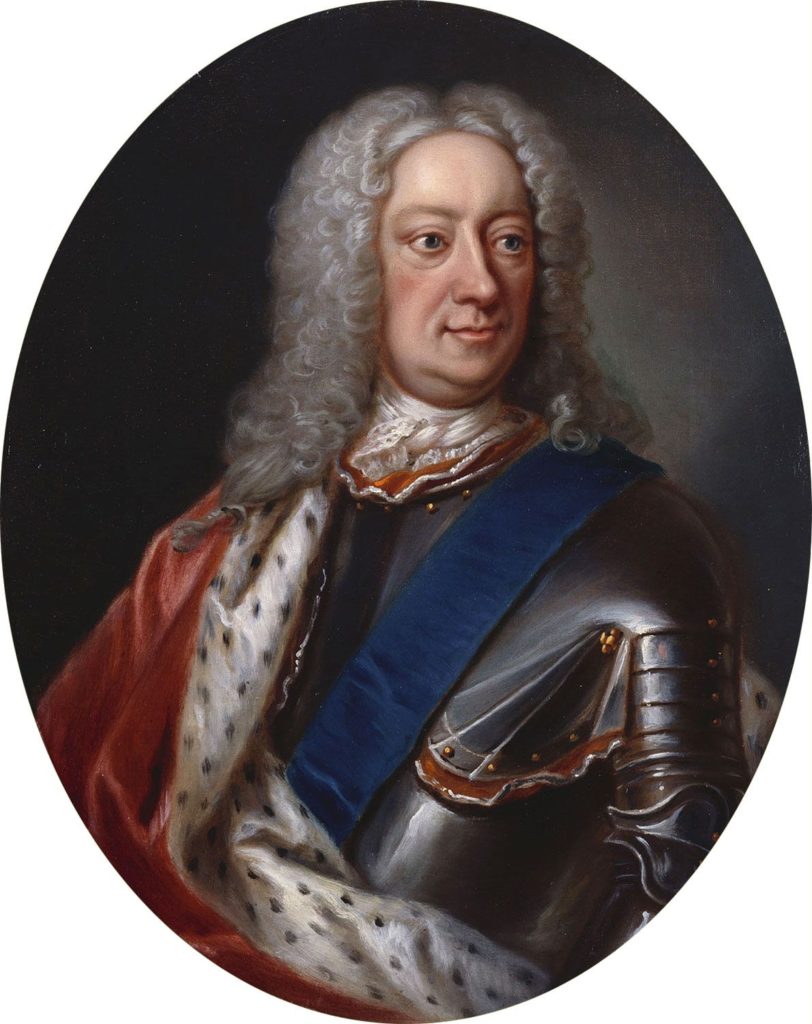
As I said, this author is out to redeem this King who heavily taxed the colonists, thus who was hated by all who called themselves Americans. In the award-winning musical Hamilton, Lin-Manuel Miranda’s George III is presented as a cartoonish villain, desperate for affection. One of the funniest songs, “You’ll be Back,” George sings to his subjects, “When push comes to shove, I’ll send a fully armed battalion to remind you of my love!”
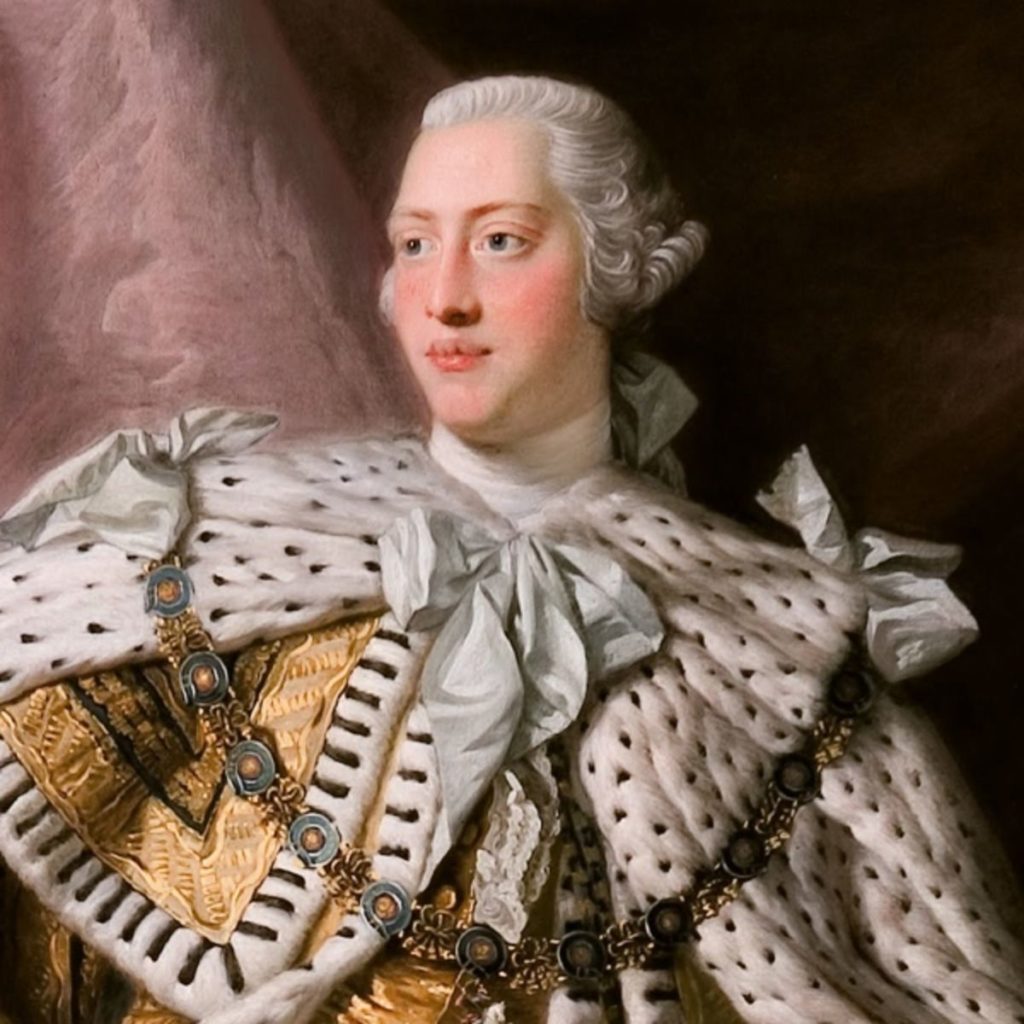
The hatred for George III is brought out too in an older musical, 1776, when Ben Franklin makes his entry onto the stage. “How are you Mr. Franklin?” he is asked. The beloved founding father who suffered with the gout, replies, “I wish King George felt like my big toe all over!” No love lost there!
I’ve always appreciated the story of John Hancock, who loved his king so much, he went back to England to attend the coronation of George III. “Why are you leaving this great place to go back, John?” He told of his admiration for the king. “He’s our king!” But, when that “beloved” king laid those heavy taxes on the colonists, what did Hancock do and say? He signed the Declaration of Independence with the largest and boldest writing. Legend says that he exclaimed, “I signed it thusly so King George can see my name without his glasses.” This is a legend, but Hancock along with the other leaders were very angry and disturbed about the taxes they were having to pay. We know that it was these taxes that led to the Revolutionary War!
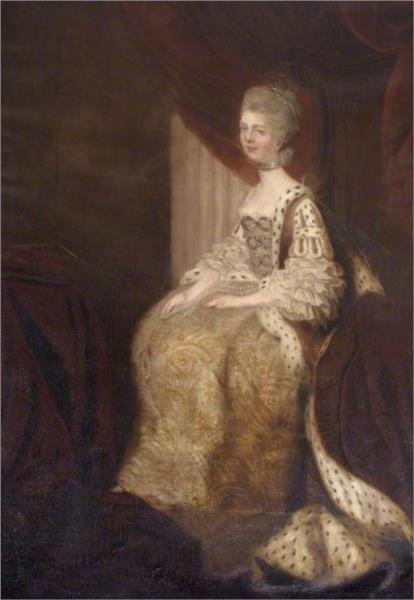
There are some redeeming qualities about George III. He loved his wife and was always faithful to her. She bore fifteen children. This was possible because she was only 17 years old when they married.
Wanting his love, Charlotte, to have a special place to live, he bought Buckingham House, a large townhouse, which became Buckingham Palace, a palace for the queen! She had her private potter–Josiah Wedgwood. I have always loved and appreciate Wedgwood pottery myself. I didn’t know the queen loved it too!
As far as politics went, George III was a conservative. He worked to pay all the debts. Why not? He owned the colonies. He had a fine library which included a rare map collection, and he tested his doctor before surgery by having a drink of brandy with him. The doctor poured the brandy with a steady hand; thus, he could wield the knife!
George III loved and admired George Frederick Handel, the fabulous German composer, so much so that he brought him to England. If you read a biography of Handel, you’ll find that he lived a large portion of his life in England. Why? Because George insisted that he move there.
Handel wrote an opera for the king. The king didn’t like it, so he ordered Handel back to Germany. It’s here when the Irish stepped in. “Handel, come to Ireland!” He did, and in an apartment in Dublin, in thirty days, he wrote The Messiah!! (When I toured Dublin, the guide pointed out the apartment where Handel lived while writing the magnificent oratorio.) The Irish were the first to hear this piece and praised it so much that King George demanded that it be played for him. The story goes that he was so moved by the Hallelujah Chorus, he stood up, and to this day the audience rises as the king did at the first, “Hallelujah!”
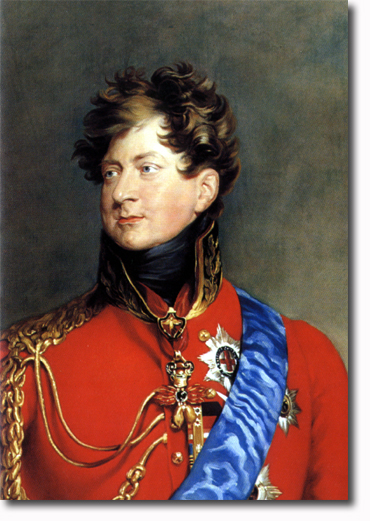
King George also had Bach come to the palace. No doubt, the king loved music. He played the flute, and after he lost his mind, he spent many hours playing flute–mournful melodies. Yes, the king had some good qualities—very different from his son (George IV), who was unfaithful to his wife and who drank a lot. George IV had the nerve to haul in another woman and declare her the queen. This wasn’t acceptable, but she stayed a while anyway. Americans didn’t pay much attention to George IV. We were too busy becoming a great nation.




